- California Assembly OKs highest minimum wage in nation
- S. Korea unveils first graphic cigarette warnings
- US joins with South Korea, Japan in bid to deter North Korea
- LPGA golfer Chun In-gee finally back in action
- S. Korea won’t be top seed in final World Cup qualification round
- US men’s soccer misses 2nd straight Olympics
- US back on track in qualifying with 4-0 win over Guatemala
- High-intensity workout injuries spawn cottage industry
- CDC expands range of Zika mosquitoes into parts of Northeast
- Who knew? ‘The Walking Dead’ is helping families connect
Seoul demands answers from Tokyo over singer’s entry denial
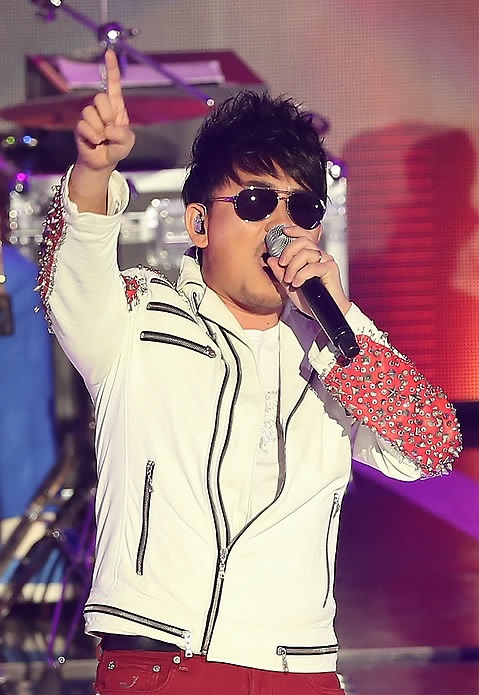 SEOUL (Yonhap) — South Korea’s foreign ministry summoned a Japanese diplomat Wednesday to demand an explanation for Tokyo’s denial of entry for a South Korean singer, a ministry official said.
SEOUL (Yonhap) — South Korea’s foreign ministry summoned a Japanese diplomat Wednesday to demand an explanation for Tokyo’s denial of entry for a South Korean singer, a ministry official said.
The move came three days after the singer, Lee Seung-chul, was sent home after being detained at Japan’s Haneda Airport for four hours upon his arrival.
Lee’s management agency said the Japanese side did not clearly disclose the reason for denying him entry, but local media speculated it might have been in retaliation for the singer’s concert held on South Korea’s easternmost islets of Dokdo, also claimed by Japan, in August.
“This afternoon, we summoned an official of the Japanese Embassy in Seoul, pointed out that public opinion here is deteriorating due to the denial of entry for Mr. Lee Seung-chul, expressed regret over the incident and demanded a clear explanation from the Japanese side,” the official said, speaking on condition of anonymity.
The embassy official promised to deliver Seoul’s stance to his government but declined to elaborate on the exact reason for the entry denial, only saying that it had nothing to do with Dokdo, according to officials.
The 48-year-old singer, who boasts a large fandom here, held the performance together with a group of North Korean defectors there one day before the Aug. 15 anniversary of Korean liberation from Japan’s 1910-45 colonial rule.
Speaking at a parliamentary session earlier in the day, Vice Foreign Minister Cho Tae-yong said the South Korean Embassy in Tokyo has demanded an explanation for the entry denial.
Meanwhile, Japanese Chief Cabinet Secretary Yoshihide Suga, also a spokesman for the Japanese government, dismissed the suspected link between the entry denial for Lee and his Dokdo performance.
The denial of Lee’s entry is not related to his performance on Dokdo because the decision was made in accordance with Japan’s immigration and refugee acceptance law, the Japanese official said, adding, “I think the (Japanese) justice ministry dealt with (it) properly on Nov. 9 in accordance with the law.”
But he did not disclose the exact reason why Lee was denied entry under the immigration law, citing privacy matters.
Lee’s agency has said Japanese authorities reminded him of his record of smoking marijuana when he was being held at the airport. But that incident, which happened about 20 years ago, had not mattered during his many trips to Japan in the past, his agency noted.
The entry denial issue is only the latest in a recent series of diplomatic feuds over the set of islets.
The two nations recently got into diplomatic bickering after Japan hailed Seoul’s recent decision to scrap a tourist safety center construction plan on Dokdo as its diplomatic feat.
The islets, sitting closer to South Korea in the waters between the neighbors, have been a constant source of diplomatic tensions, with Japan often renewing territorial claims to Dokdo.









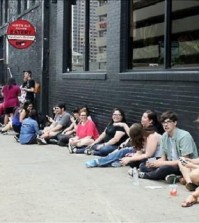
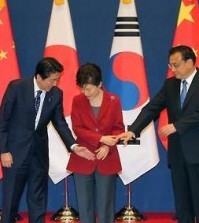
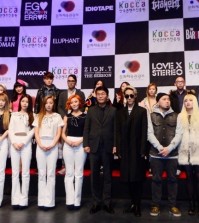

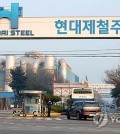



Blane
November 15, 2014 at 8:54 PM
there are Koreans living in Japan who are banned from entering Korea due to the fact they spoke out against the Korean government. There is a Japanese reporters till unable to leave Korea because the lack of freedom of the press. It seems Korea has learned some of their tactics from North Korea. So if they don’t let a singer into their country because he lied about his past drug involvement so what.
Blane
November 16, 2014 at 3:18 AM
Last year Japan refused entry for 2859 people. Korea refused entry to over 100000 people.
Hankyoreh. Newspaper is my source.